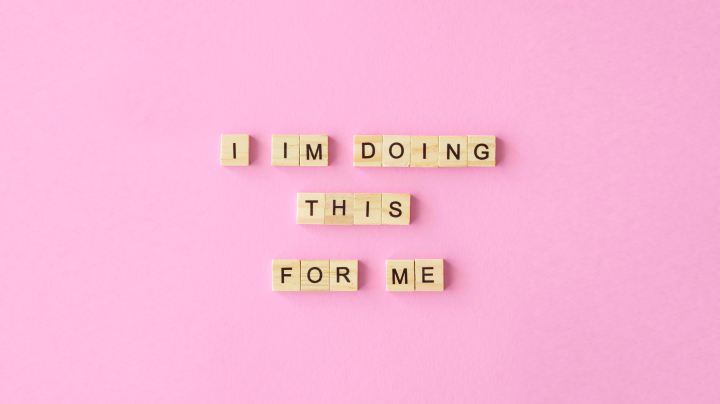10 IG Accounts to Follow for Better Mental Health
May 10, 2021

The COVID-19 pandemic has become an inescapable part of our day-to-day lives. On the surface, this scourge seems to affect only our physical health, but what we don’t realize is that the circumstances breed hazards to our mental health as well.
We can experience, among other things:
Staying home 24/7 makes it more difficult for us to distract ourselves from our anxieties. But the unintended consequences of social distancing means it’s just as important to prioritize your mind, not just your body. Here’s what you can do to stay on top of things.
While in-person meetings aren’t an option, there’s always social media. Aside from checking in with family and close friends, take this opportunity to reconnect with old friend groups you haven’t caught up with in a while.
Now that you’ll be home 24/7, it’s important to keep an organized space that’s conducive to productivity. Take the time to dispose of or donate unused belongings, and deep-clean parts of the house you never had time to zero in on.
Nothing is more important than keeping up with the latest developments from the DOH, as well as updates from your LGU. But instead of spending several hours scrolling through the #COVID19PH hashtag, dedicate just 15-30 minutes a day to keep up on the latest news (enough to remain updated, but not too much that you’re crippled with anxiety).
Staying cooped up at home can cause you to lose track of your fitness. From the Nike Training Club (Android, iOS) to FitOn (Android, iOS) and more, there are tons of free apps (and YouTube videos!) to keep you in line with your #BodyGoals, so don’t stress.
Catch Enough Zs
The easiest way to boost your immune system? Staying in bed a couple more hours! Numerous studies have proven a direct correlation between adequate sleep and immune system efficiency. So go ahead—hit the hay earlier than usual. It’s for your own good.
During a quarantine period, it’s all too easy for the days to feel like one big blur. To distinguish one day from the other (and foster a sense of organization), try jotting down your thoughts regularly. This also helps you keep track of your mood changes and spot bad habits more easily.
If you’re a new member of #TeamWFH, it would benefit you greatly to dedicate a space in your home for work. Working in bed blurs the line between productivity and restfulness. Before long, the bed will no longer feel like a refuge from your responsibilities. Another tip: once your shift’s officially over, stop working. Just because you’re at home doesn’t mean you should overextend yourself.
For those of us working at home with a roof over our heads, we ought to recognize our privilege and lend a hand to those who are struggling. Donate to a local organization, or help pack relief goods for frontliners or communities in need. You don’t need swaths of disposable income to make a difference.
This quarantine period might seem endless, but as with all things, this too shall pass. If waiting until the return of normalcy seems difficult, take things just one day at a time. After all, it’s how we face each day that determines how we come out of this. Will we strive to be more mindful and more generous? Or will we allow ourselves to become withdrawn and ungrateful? The choice is entirely ours.
During this difficult time, we’re expected to help our community. But we cannot help others without first looking out for ourselves. Keeping a close eye on your mental health benefits both you and your loved ones—and creates good habits you can carry with you long after this quarantine period is over. Stay mindful, everyone!